Global cancer incidence is increasing, with most cases now occurring in low and middle-income countries (LMIC). Access to cancer care has improved in recent years, but exposure to chemotherapeutic agents has led to increased rates of treatment-related complications and mortality. Infections contribute significantly to this large burden in children receiving therapy for cancer in Uganda, which can be mitigated by timely diagnosis and treatment. Recently, molecular techniques have revolutionized the diagnosis of many pathogens, including viral infections, and offer promise for increasing the accuracy of diagnosis in this vulnerable immunocompromised population. In Uganda, next-generation sequencing (NGS) systems (Miseq) have become available, making it possible to detect a large number of respiratory viruses and other pathogens in a single test. Such methodologist may offer even great potential benefits in settings with limited existing diagnostic virology infrastructure but access to sequencing instruments, such as the UCI. As these are new techniques for UCI, technical expertise is needed to implement them. As an infectious disease physician with laboratory training in molecular diagnostics, I have the expertise to provide this.
The proposed trip will allow me to visit my clinical research collaborators at the Uganda Cancer Institute in Kampala, Uganda and provide on-site technical expertise towards their microbiology laboratory. The Uganda Cancer Institute has housed a dedicated pediatric oncology service since 2012 and is currently the largest pediatric oncology program in East and Central Africa with up to 600 new children admitted annually. Dr. Joyce Kambugu is a practicing pediatric oncologist and director of the Paediatric Oncology Program. She is also active in the training of future pediatric oncologists in her capacity as director of the pediatric oncology fellowship program and co-PI with me on a recently funded pilot grant through the University of Minnesota Center for Global Health and Social Responsibility to support early development of these techniques.
Our study prioritizes the career development of trainees, including Ugandan physician and masters student Dr. Benigna Namara, UMN pediatric resident physicians from the global pediatrics track, and UMN infectious diseases fellows. We also expect the study can be scaled up in the future in several ways. First, the UCI recently became the East African center of excellence in oncology and is mandated to provide specialized cancer care, research and training for the region, and spearhead policy formulation in cancer care. As such, we anticipate this study to inform clinicians across SSA to implement febrile neutropenia protocols that include viral diagnostics and thus can be studied prospectively to increase antimicrobial stewardship. Second, UCI has a large patient volume and further studies could enroll a larger number of patients. It is known that respiratory viruses circulate in seasonal patterns in temperate climates but little is known about seasonal patterns in the tropics. This critical knowledge gap has been clearly illustrated during the SARS-CoV-2 pandemic, during which a paucity of surveillance data has been available from Africa. We hope to extend this study over multiple years to characterize the seasonal fluctuations in viral circulation and facilitate preparedness for future pandemics. Third, once laboratory capacity is established locally to perform molecular diagnostics in patients with cancer, this could be deployed for other patients with suspected viral infections, such as in otherwise healthy children presenting for care with fever or pneumonia. Once the epidemiology of respiratory viral pathogens is better understood, our team hopes to develop rapid, lower cost-tests for common viral infections.

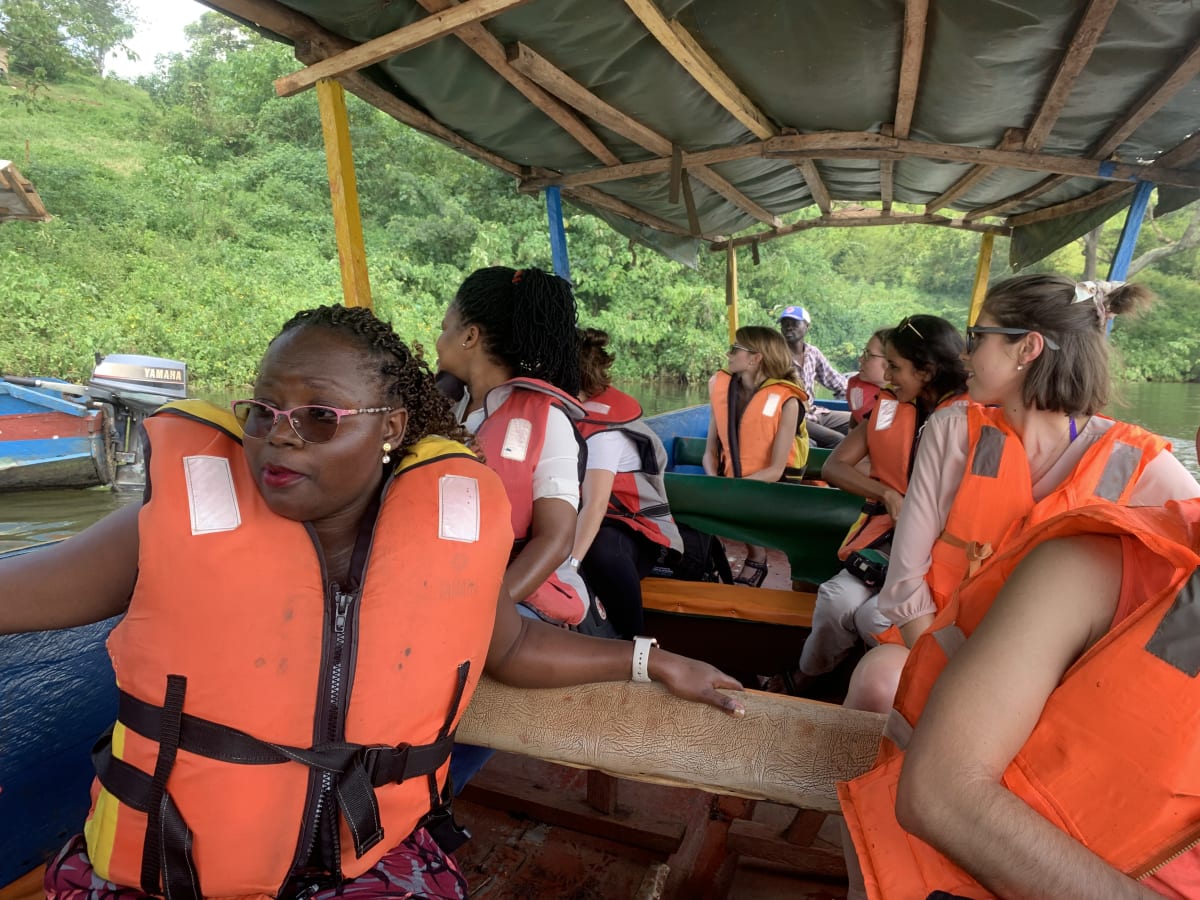
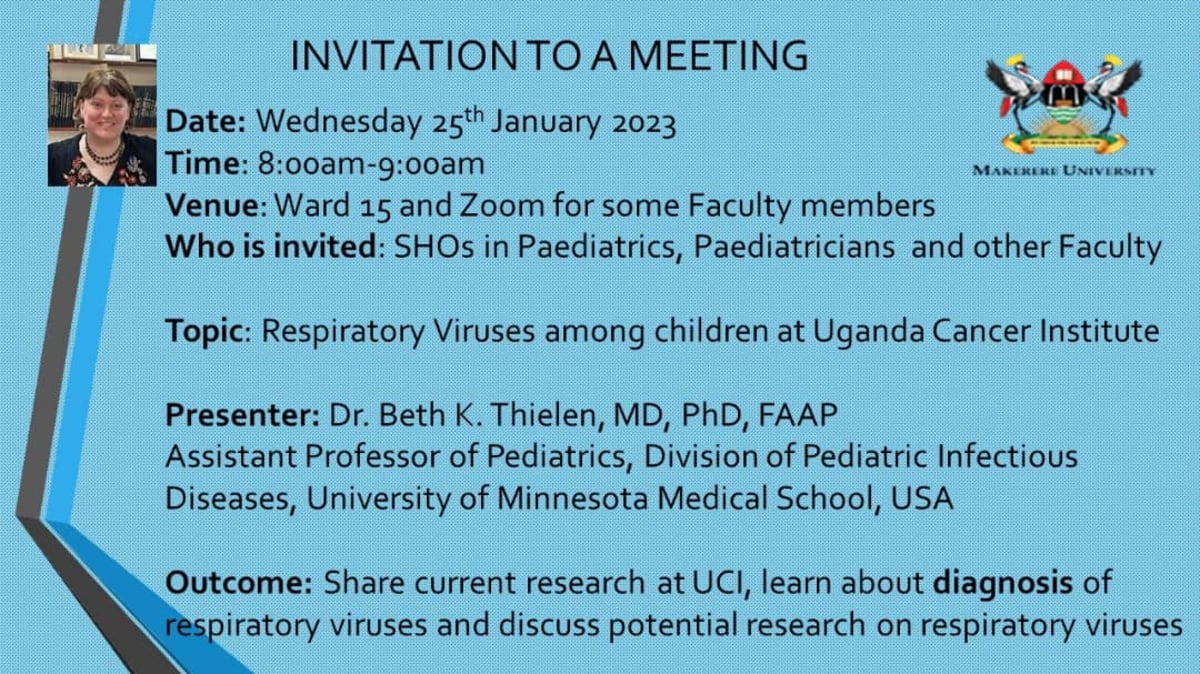
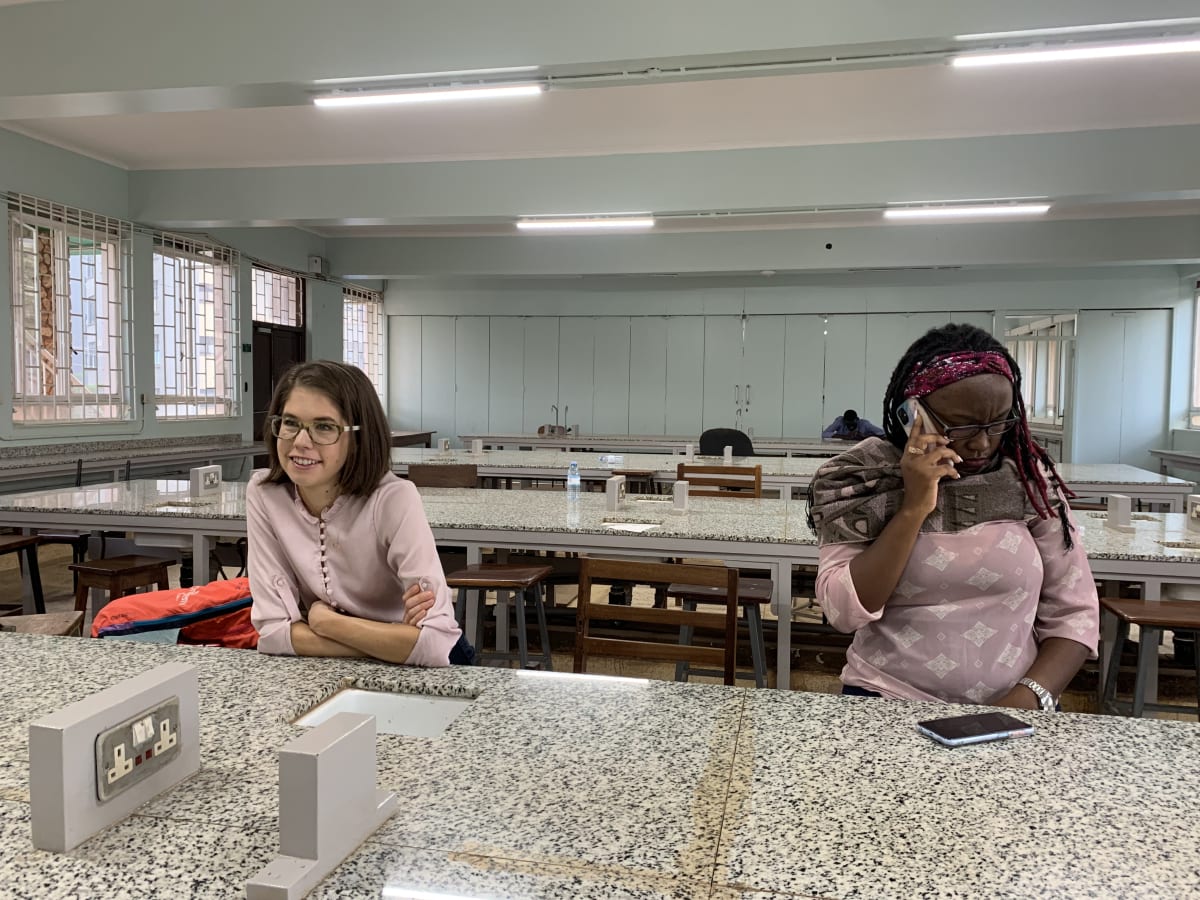
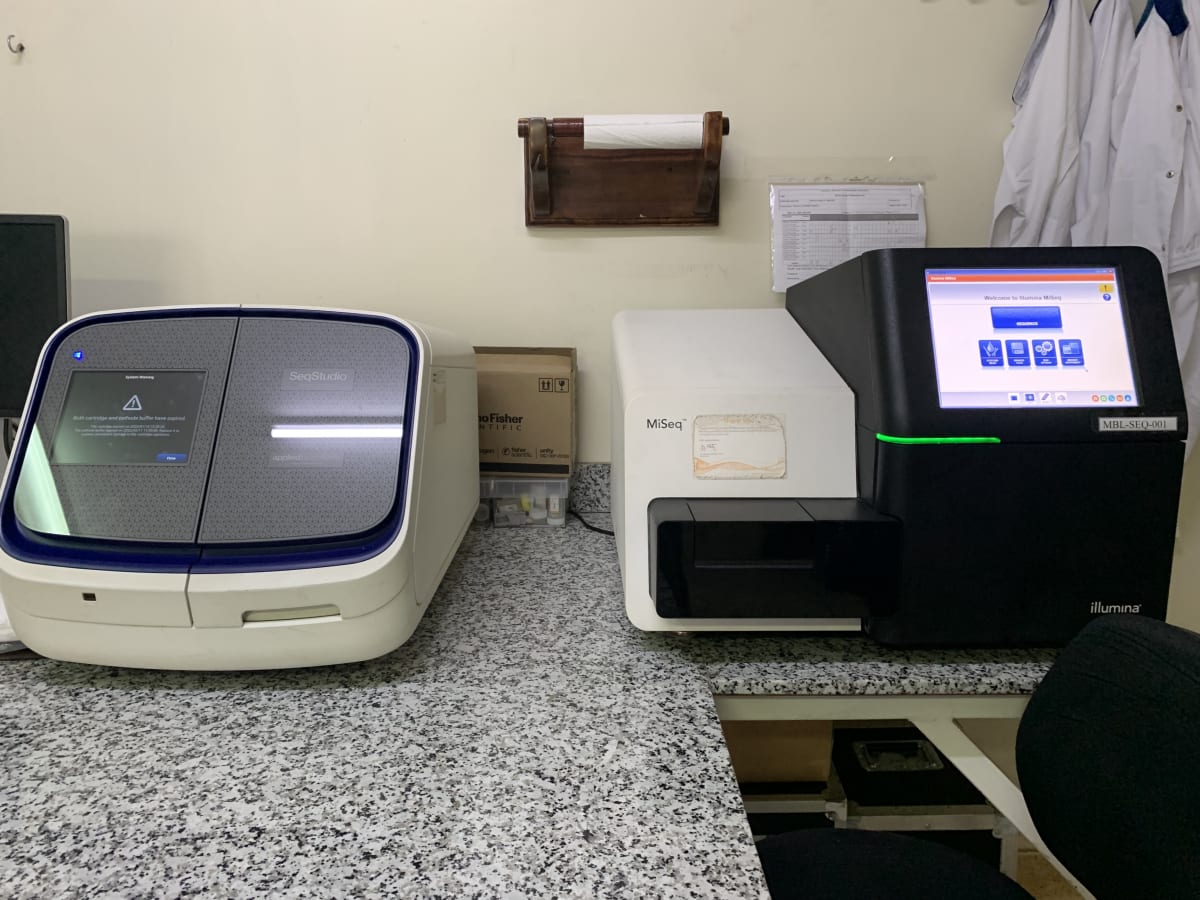

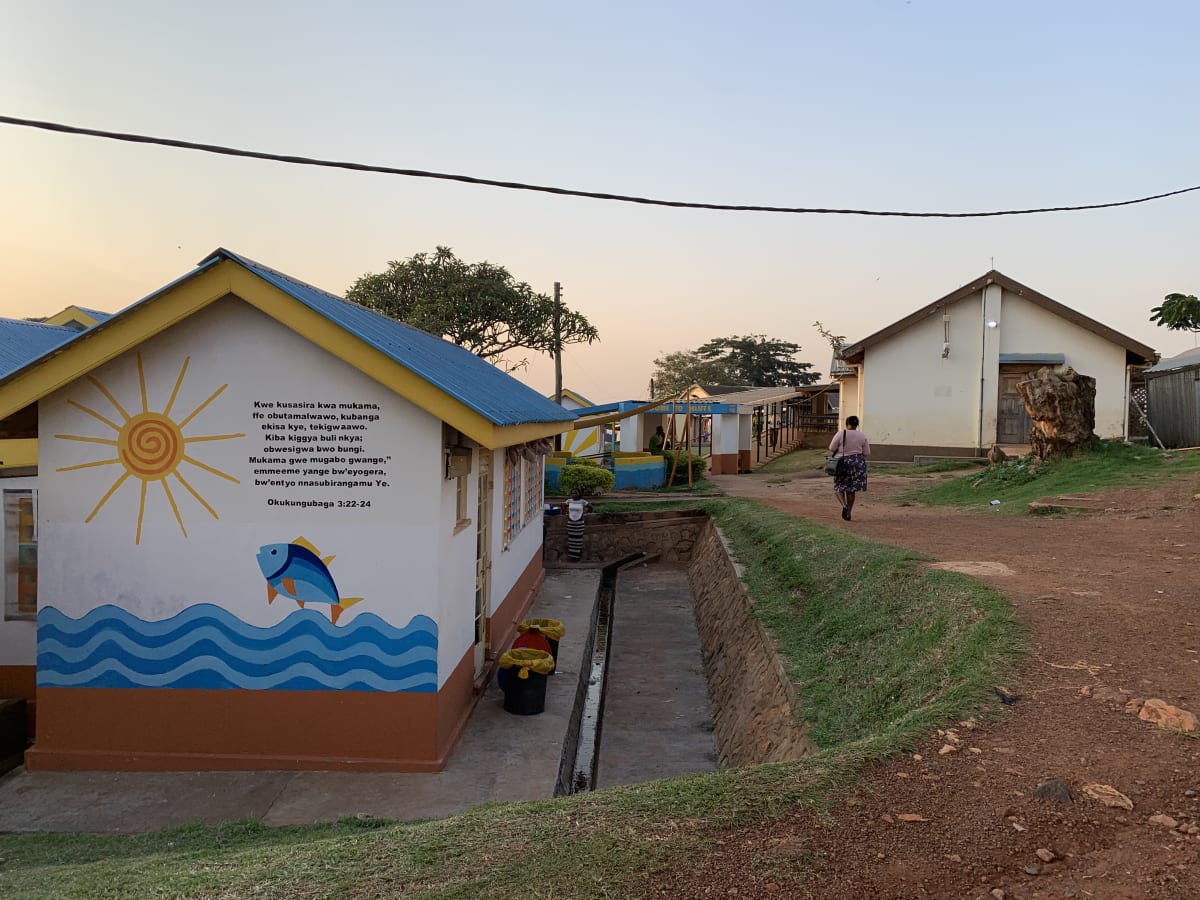

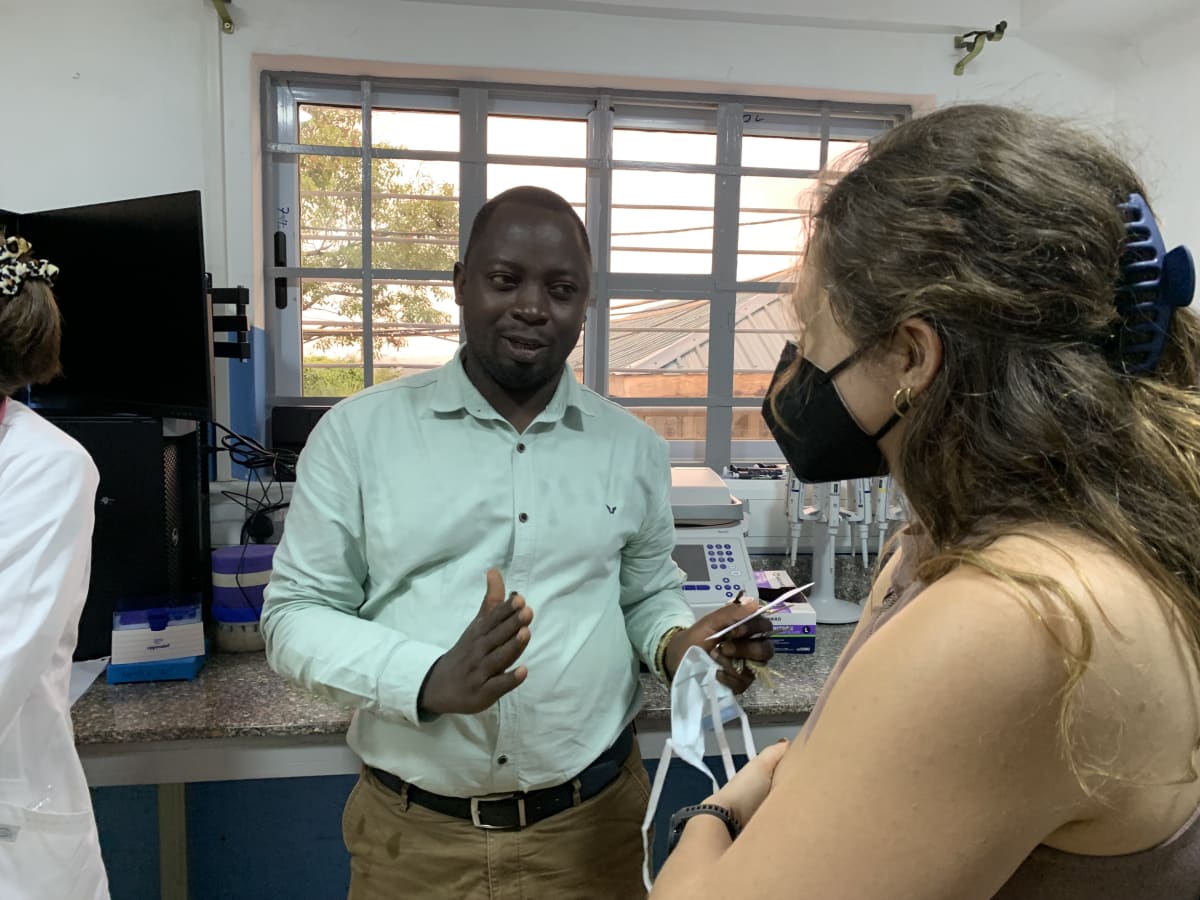
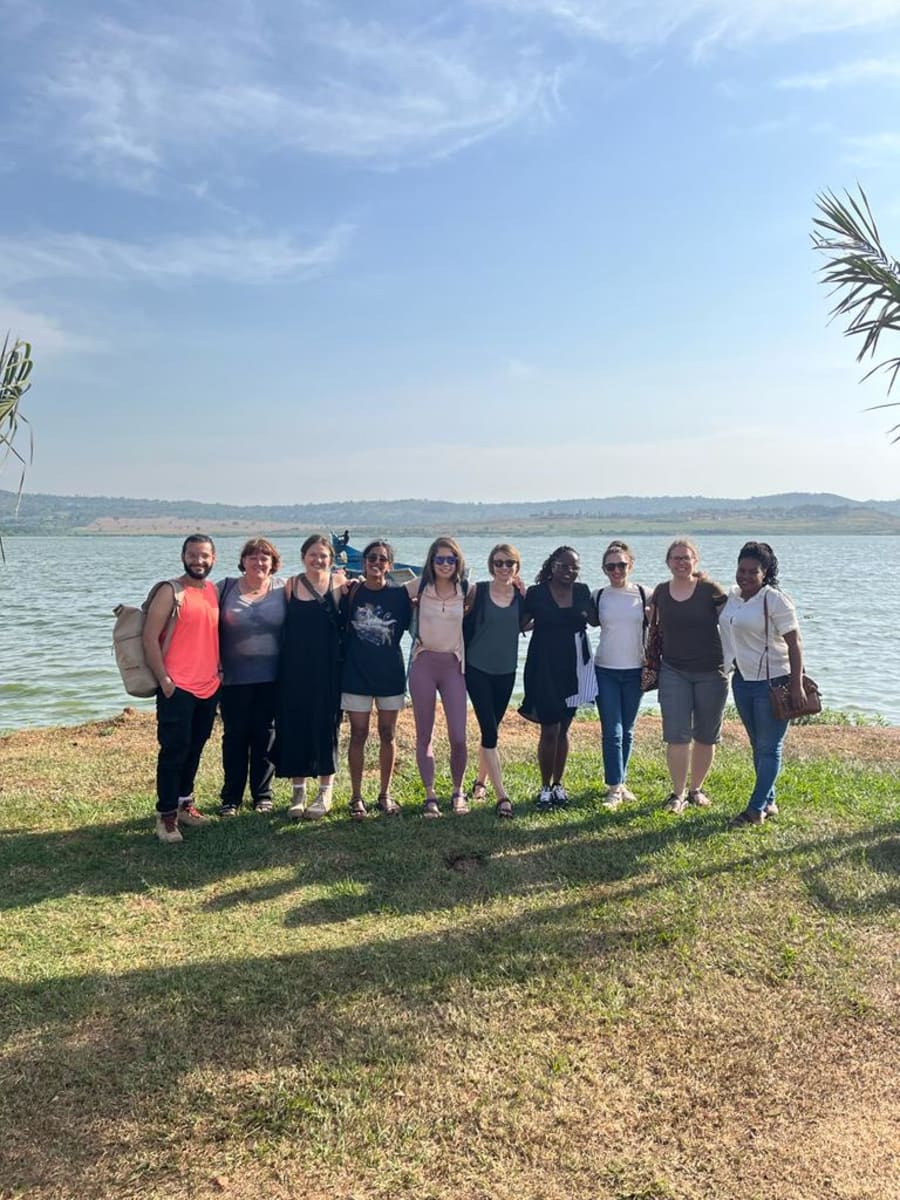
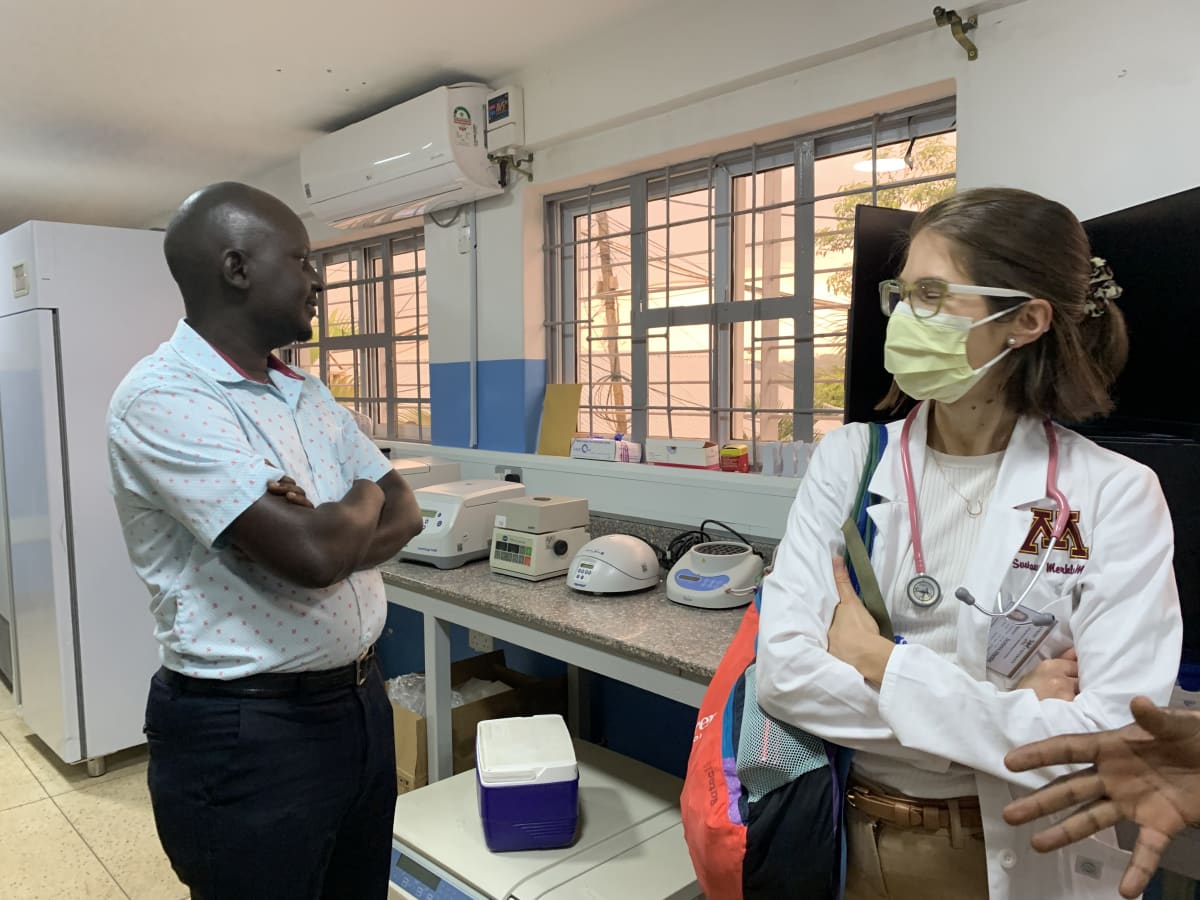
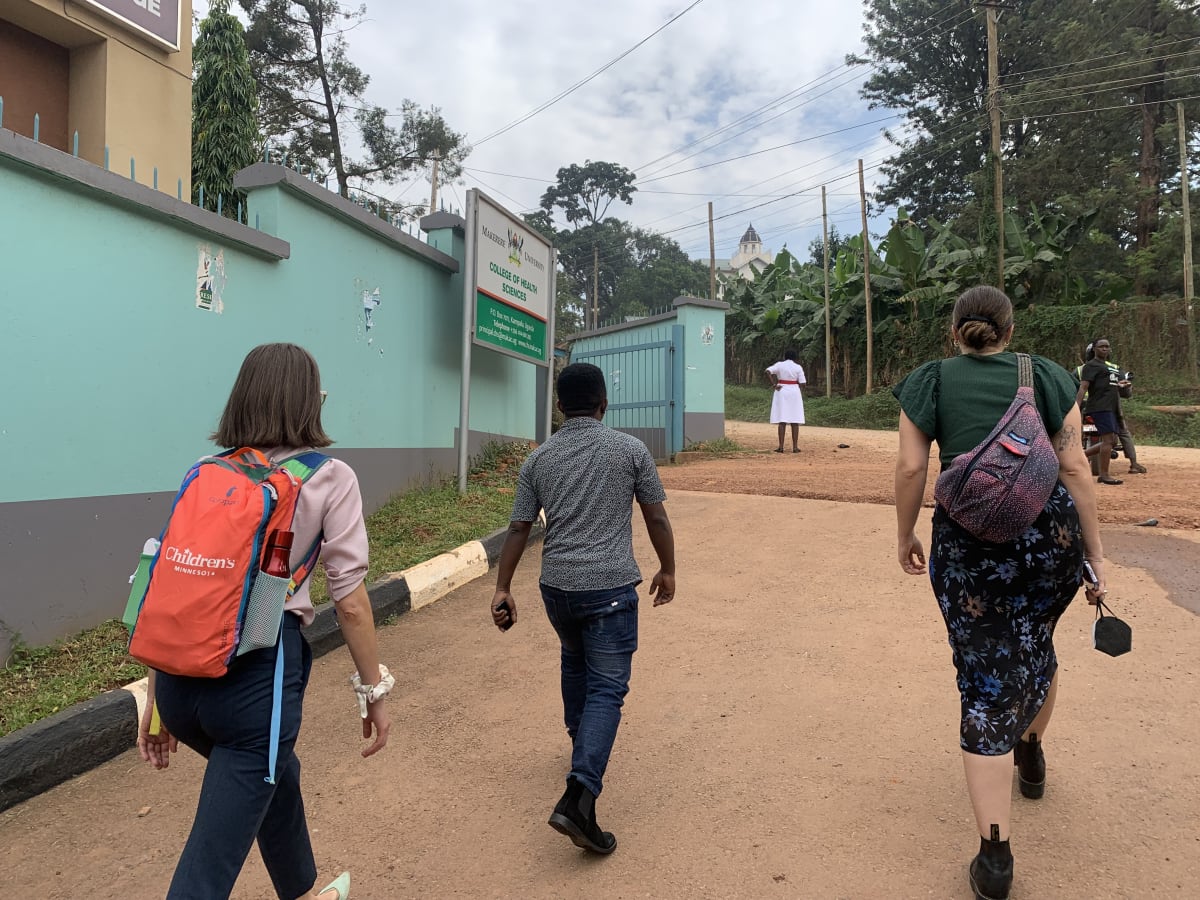







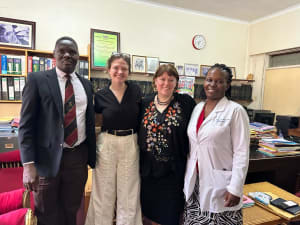




I traveled to Uganda with a staff scientist Olivia and resident physician Svatava from my research team in Minnesota. This was the first opportunity to visit Uganda for both of them and both came away with increase enthusiasm for future collaborations. Olivia received an invitation from the Uganda Cancer Institute to return for a longer time later this year to help develop several research projects. I was also able to meet two Ugandan resident physicians who will be coming to Minnesota for an exchange later this year and present about respiratory viruses to the resident class--hoping inspiring one or more of them to pursue studies of respiratory viruses in children for their master's research project. I was also able to meet with our Ugandan study team and project direct feedback on study procedures.